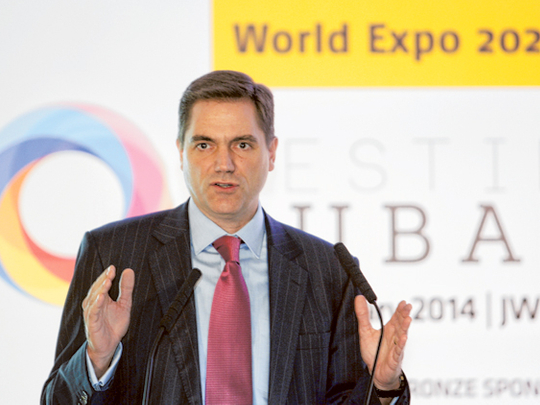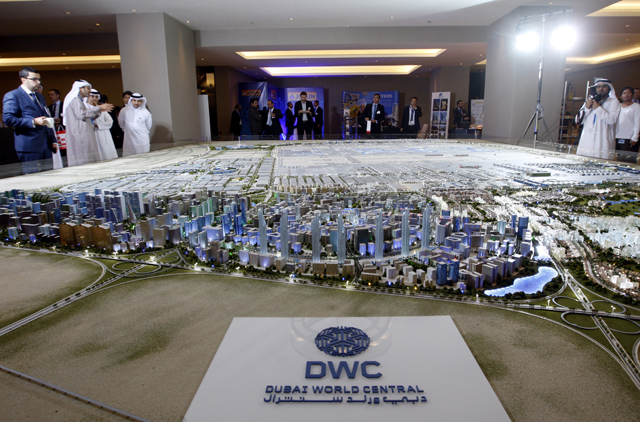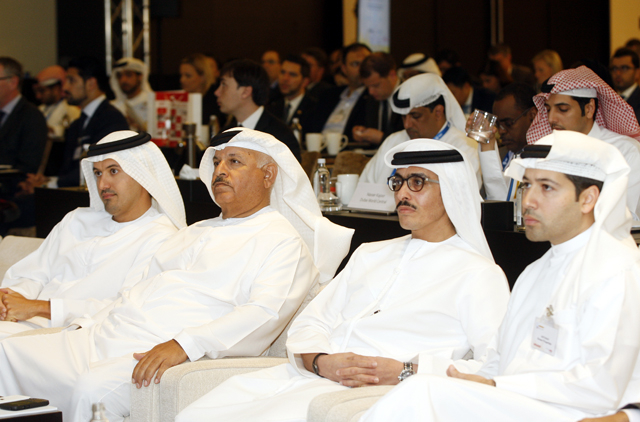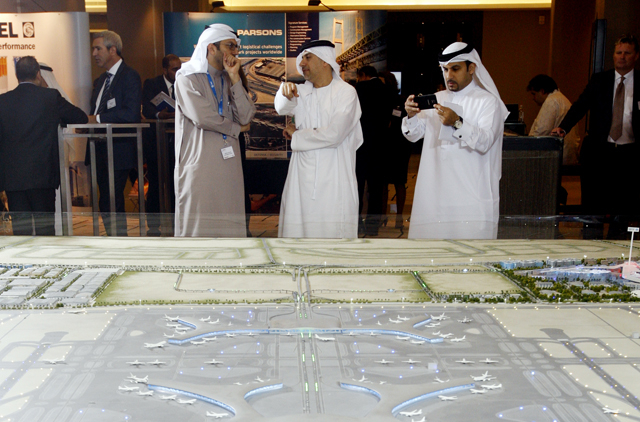
Dubai: The Dubai International Financial Centre’s (DIFC) chief executive, Jeffrey Singer, is taking the view that Dubai and the DIFC are poised to make rapid strides in the coming years, benefiting from the superior returns of stock markets, high level of debt issuance and various projects lined up in the country and the region.
Singer said this is going to lead to more creative financial products and services by professionals based in the centre.
He cites numbers that point to the return of high investment appetite and strong investor sentiment to buttress his argument in order to make a case that the DIFC will reap the benefits of outsized returns that are expected of Dubai.
In 2013, the Dubai Financial Market (DFM) stock market had a staggering return of almost 108 per cent and is seeing current trading of almost Dh2 billion daily.
Others, he mentioned, include $70 billion (Dh246 billion) worth of projects delivered last year in the Gulf and UAE and $83 billion projects announced for 2014.
Also, in 2013, $38 billion of debt was issued. This was roughly the same amount as was issued in 2012 and by some estimates it will be very much the same this year.
“If you look at the compelling figures, investment appetite is back and investor sentiment is very high and international recognition in Dubai is real,” Singer said during a session at MEED’s Destination Dubai 2020 conference on Tuesday.
“Dubai, I believe, is taking its rightful place on the international stage in the global economy. So if we look at the returns of the DFM or we see the debt issuance or we look at the projects these figures not only outpace the market, they far outpace the market.”
If the decade of 2000 belonged to the Brics (Brazil, Russia, India, China and South Africa), from 2010 going forward outsized returns are most likely to be generated from Africa and South Asia, which makes Dubai all the more central, he added.
“If you want to be investing in those countries, and there [are] at least going to be two booming economies, Dubai and more specifically [the] DIFC is the financial gateway to those two economies,” Singer said.
“Many of the banks and all the financial institutions that are now coming into the DIFC are taking advantage of this new South-to-South corridor trade that is occurring,” he said, adding that it is no longer funded by the US and other western banks but more and more by the Indian, Asian and Chinese banks that are located in the DIFC.
Four of China’s largest banks have their branches in the DIFC.
While acknowledging that Dubai is a high beta economy, that is high-volatility and high-risk economy, he did point to the long term to benefit from one’s investment here.
“So speaking of outsized returns and Dubai’s role in developing and generating those, if you want to generate outsized returns — not just 10-20 per cent above the market, whether it’s the S&P or the DFM, I am talking about returns that are 1,000 per cent — then you need to invest for a decade or more,” Singer said.















